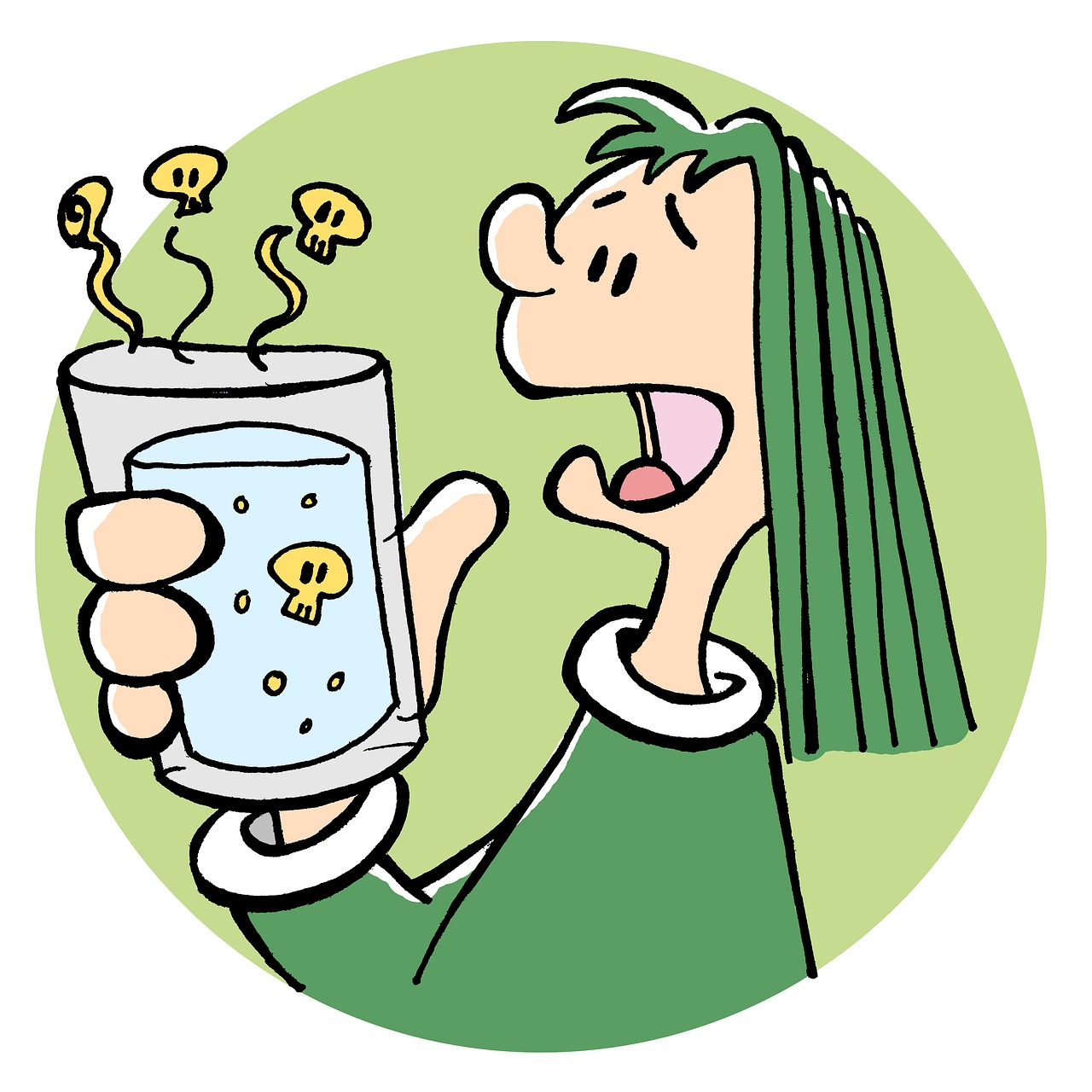The Hidden Dangers of Filtered Water
Only one in three of Americans drinks unfiltered tap water. The other 67% is split equally between bottled and home filtered water.
While I keep bottled water on hand for guests because it is convenient, for my own drinking water, I have gone the filtered route for about as long as I can remember. Although bottled water overall is pretty inexpensive, a case of 16.9 oz bottles is just over 3 gallons of water. Where one water filter will provide between 25-40 gallons. So, at least for me, it’s still much more economical to purchase replacement filters than it would be to continue to buy cases upon cases of water.
But there is a hidden danger to filtered water that many people aren’t aware of.
If you’re like me you think filtered water is cleaner and has fewer contaminants then tap water.
Common contaminants in tap water
- Nitrates
- Arsenic
- Microorganisms, bacteria and viruses
- Aluminum
- Fluoride
Unfortunately, filtered water can make you sick!
Wait!….. What?
Read on to learn what may be lurking in your filtered water.
Quick question, When is the last time you changed your water filter? Last week? Last month? Last YEAR???
No judgment here! 😊 We tend to ‘set it and forget it’ but, you really shouldn’t do that with your water filter.
In fact, if your filter has seen its share of water pass through, the water you end up drinking may actually be MORE contaminated than water straight from your tap.
Water filters definitely have an expiration date! And if you aren’t changing yours according to the manufactures directions, filtering your water may actually be doing more harm than good.
Let’s start with how carbon filters work.
The carbon attracts contaminants like metals, chemicals, and organic matter that can change the taste, and smell of your water. It will absorb these contaminants like a sponge and hold onto them allowing ‘clean’ water to pass through.
But, if you neglect to change your water filter when needed, eventually, that filter will be ‘full’ of the contaminants you have filtered out and won’t be able to absorb any more. (Remember, that filter is like a sponge, and a sponge can only absorb so much before excess just runs right through it.)
So if your filter can no longer hold any more contaminants your drinking water will be filled with the metals, chemicals, and the VOC’s you were trying to eliminate.
And what happens to the compounds that are absorbed by the filter?

Nothing, that’s the problem. These compounds STAY in the filter, they then are stored in a cold moist area ( your fridge) a perfect environment for bacteria to grow and multiply. YUK!
So how often should you replace your filter?
Of course, that depends. Every filter is different and the quality of your water and the frequency of use will be the main deciding factors.
Some recommendations from 3 well-known filtering systems:
- Pur, 2 stage filters recommend replacing their filters every 2 months, although how often you refill will impact filter life greatly.
- Brita 2 stage filters suggest their filters are replaced every 2 months or after 40 gallons of water however, this will vary greatly depending on the number of contaminants in your water. Some Brita jugs come with an indicator that changes color when the filter needs replaced
- Zero Water 5 stage filters (what I use) has a TDS – Total Dissolved Solids- meter included that tests your water so you know when the filter is no longer effective and needs to be changed.
If you don’t like the water straight from your faucet, compared to bottled water, filtered tap water is certainly the more economical solution. And filtering out contaminants, metals and VOCs will make your water taste and smell better while removing impurities that can be harmful to your health. But if you can’t remember the last time the filter was replaced it’s a safe bet it has outlived its usefulness and then some.
Other signs your filter may need to be replaced;
- Water is cloudy or has particles floating in it.
- The taste or smell is ‘off’
- The water takes a long time to pass through the filter
Be sure your change your filter according to the manufacturers’ recommendations. This way you are sure you are not putting more impurities into your water than you are taking out.
Look Good Feel Good Live Better!
Stacia
Here is the latest report available for Elizabethtown area water.
https://www.ewg.org/tapwater/system.php?pws=PA7360124
To find information specific to your area google ‘drinking water quality report’ and the name of your municipality.
For more Information about ZeroWater https://www.zerowater.com/
